It’s the end of October and what better way to celebrate than with scary stories about mistakes in print. Prepare to be entertained by tales that serve as warnings for the wise. These hard lessons from businesses of the past show why it’s important to double (and triple) check your information for typos and grammatical errors, as well as look at the numbers before running any promotions.
Today’s stories:
- A travel agency finds out what happens when you mistype exotic
- Australia and Chile take typos national
- Hoover advertises a promo that costs more than it’s makes (and upsets everyone)
Sit back and enjoy a collection of true stories that will make you review your next direct mail envelope and letter, business postcard, or advertising brochure more closely.
Mistakes in Printing: A Travel Agency Accidentally Attracts a New Audience
In 1988, Banner Travel Services put an ad in the Yellow Pages for exotic destinations. There was only one problem. A one-letter typographical error changed the advertisement for exotic destinations into erotic destinations. Soon after, the agency received an uptick in younger couples calling and a simultaneous decrease in elderly customers’ calling.
The owner of the agency was distraught, receiving odd phone calls and requests as a result. While she received her money back for the original ad, she sought legal representation and filed a $10 million dollar suit against Pacific Bell’s Yellow Pages for her loss of reputation, mental anguish, and physical distress. Her lawyer claimed she lost 80% of her business as a result of this ad.
Lesson #1 – Even One Letter Makes a Difference
The Banner Travel ad may have gone viral today, but at the time it alienated the target audience and advertised something the owner wasn’t selling.
Always check that your postcards and letters say what you intend. This helps you to avoid targeting the wrong audience and demonstrates your professionalism. Reviewing your information also prevents errors like listing “street” instead of “avenue” for your address or incorrectly using a comma or apostrophe on a University brochure.
Mistakes in Printing: Australia & Chile Make Expensive Typos
Mistakes in print don’t always occur at a local level. In October 2018, the Reserve Bank of Australia released 400 million $50 banknotes with the word “responsibility” misspelled three times. A radio station caught the error and made it public, but the notes had already been in circulation for months. The notes remain in circulation as legal tender, and the word was updated for future printing.
The Australian typo was hard to catch due to its location, but that wasn’t the case with Chile. In 2008, Chile experienced a mistake in mint when it released a 50-peso coin with “Chiie” instead of Chile. After discovery, the mint boss and several employees were fired. As for the general public, they began hoarding the coins for collectors. A search on eBay shows this coin currently priced above $7.
Lesson #2 – Check What You Write
It can be embarrassing to release an advertisement with typos or incorrect information. A Google search for “the wrong number on the business card” pulls up several forums where professionals made this mistake. An incorrect phone number can cost valuable leads. Thankfully, this and other errors aren’t hard to catch with an extra check.
Did you know bad grammar can also cost you, customers? Research shows that US businesses that have a website with typos will lose double the number of customers compared to typo-free sites.
Hoover Destroys its Entire Reputation with a Promo
This next story isn’t a mistake in print in the traditional sense. Instead, it’s a severe underestimation of customers and their desire to save. It’s a tale of how one business overcame the odds only to advertise a promotion that would cost it everything. This is the Hoover Free Flight Fiasco.
It’s 1992, and the UK branch of Hoover needs a way to sell more vacuums. Hoover is already a distinguished brand and household name in England, but profits are no longer looking so hot. In part, this is because potential customers are still struggling with the effects of a recession. It’s a tough market.
That’s when traveling agency JSI Travel approaches Hoover. Times are tough, and they need a partner to get rid of cheap flights. JSI Travel successfully pitches the sales idea. They agree to sell flights to Hoover. In turn, Hoover will offer these flights to customers who purchase its products at a certain price point.
A new promotion is born. If you spend more than £100 on a qualifying Hoover product, you’ll receive two, round-trip tickets to a destination in Europe.
There’s only one catch.
If all qualifying customers redeem this promotion, Hoover isn’t going to be in good shape.
The solution?
Make the process as annoying, time-consuming, and time-sensitive as possible.
The Crash
At first, everything works without a hitch. However, Hoover didn’t go down in college marketing textbooks for its temporary success. Things take a turn when Hoover adds America to the list of available destinations against the recommendation of risk management professionals, who warned this would be a disaster.
It was a disaster.
As far as mistakes in print go, advertising a promotion that can’t be fulfilled without going under is high on the list. While thousands of vacuums sold, many customers were making only the minimum purchase required for the tickets. Hoover expected more customers to splurge on higher-end vacuums. During the first round of the promotion without America, they were already in trouble in everyone redeemed tickets. With the upgraded promotion and a huge amount of customers buying and redeeming tickets, Hoover was going to pay more for the promotion than they would make.
Hoover’s plan? Make the redemption process even worse and employ downright shoddy business practices, like mysteriously losing submissions in the mail. Queue thousands of angry, irate, and upset customers who were having trouble redeeming their tickets.
Ultimately, the flights cost Hoover £50 million (about $125 million today) and only brought in £30 million in gross revenue.
Lesson #3 – Know What You’re Selling
The moral of this story is to always check your math before running promotions or limited time offers. Don’t advertise something you can’t fulfill. You should also remember that customers may react in ways you don’t expect. Attract business with your flyer, postcard, or poster, but make sure you know the risks and include any fine print you need so you see an ROI from what you’re doing.
Don’t Let Mistakes in Print Haunt You – Contact Center City Print
Now that you know what can go wrong in print, discover what can go right with Center City Print. Our team has years of experience in all types of print products, from trade show displays and t-shirts to posters, stickers, and brochures. We also offer design services that save you time and result in professional products you’ll love to send out or display. Call or visit us today!


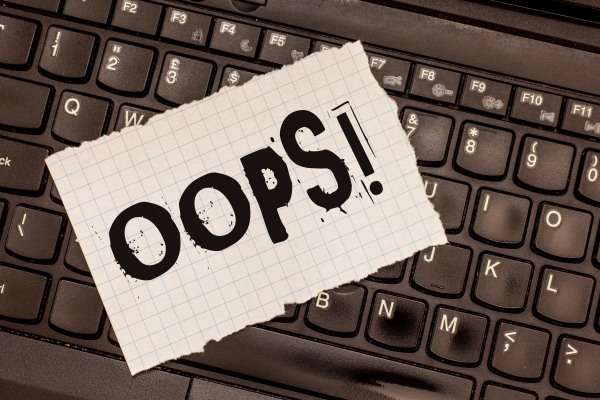
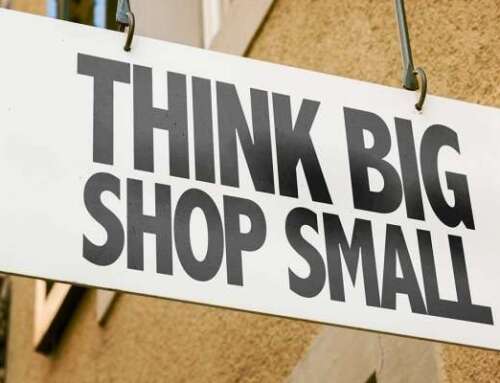
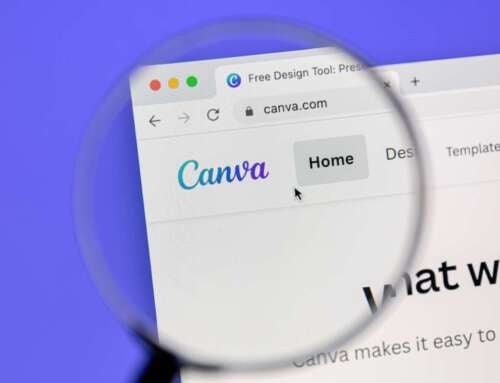
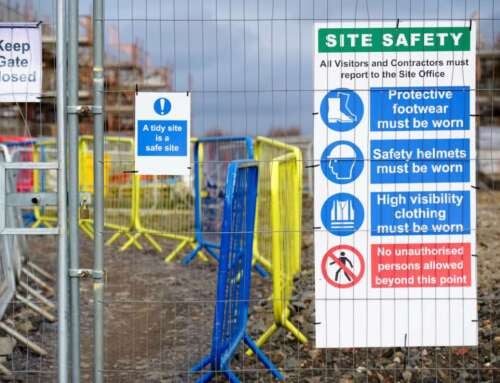
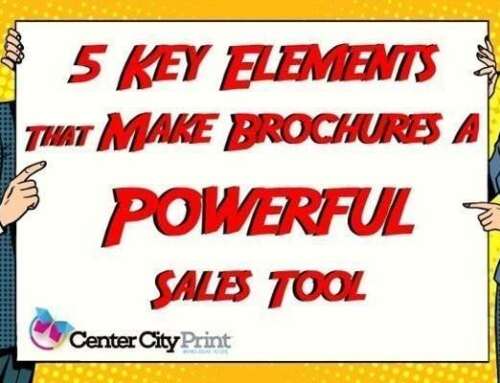
Leave A Comment